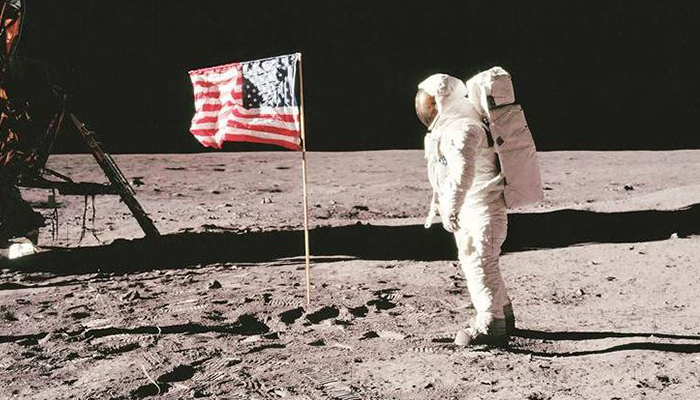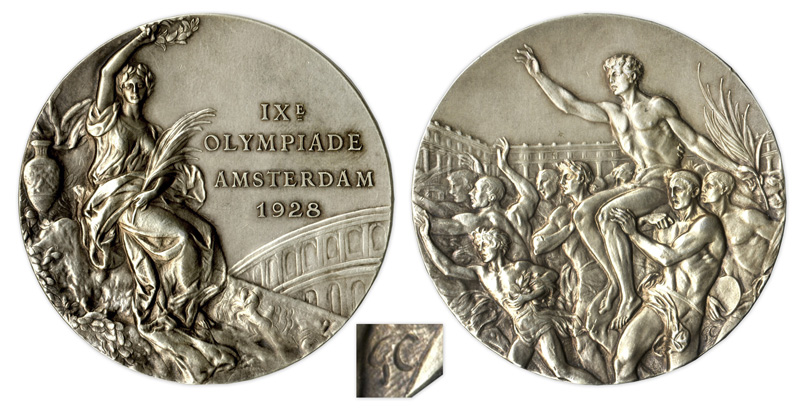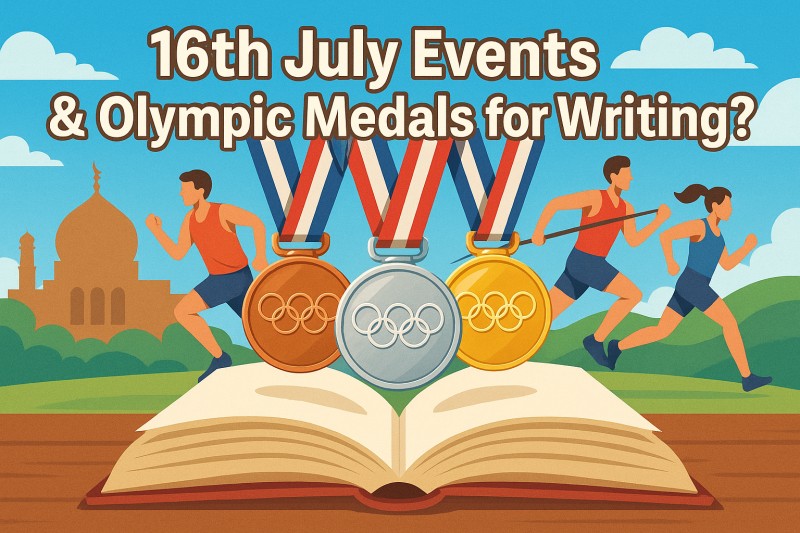Discover amazing historical events from 16th July, including the start of the Hijri Era, the first banknotes, Apollo 11’s launch, and more! Plus, learn the fascinating story of when Olympic medals were awarded for art and writing.
Dear Students,
Do you know that once upon a time, Olympic medals were given for literature? Yes, you heard that right! Authors, poets, and artists could stand on the podium just like athletes. Sounds fascinating? Let’s explore this story, but before that, let’s check out some amazing events from 16th July in history.
The Start of the Islamic Era
The Islamic Era, also called the Hijri Era, began on 16th July, 622 CE. This marks the migration of Prophet Muhammad from Mecca to Medina, a journey that shaped the course of history.

A Splash of Colour Under the Sea
On 16th July, 1926, something magical happened underwater. National Geographic photographer Charles Martin and Dr William Longley took the first natural-colour undersea photos. Using a waterproof camera and bright magnesium flash powder, they captured a hogfish swimming in the Florida Keys.

The First Step to the Moon
You know Neil Armstrong, the first man to walk on the Moon, right? Well, on 16th July, 1969, his incredible journey began with the launch of Apollo 11. Just four days later, on 20th July, he made history with those famous words: “That’s one small step for man, one giant leap for mankind.”

A Cosmic Collision
Ever seen fireworks in space? On 16th July, 1994, fragments of Comet Shoemaker-Levy 9 slammed into Jupiter, creating a spectacular cosmic show that scientists watched in awe for an entire week!

Now, the Big Surprise – Olympic Medals for Writing!
Here’s the fun fact: From 1912 to 1948, the Olympic Games didn’t just celebrate athletes. They also honoured artists! There were five categories: architecture, literature, music, painting, and sculpture. The idea came from Pierre de Coubertin, the founder of the modern Olympics, who believed art and sport should go hand in hand. This unique event was nicknamed the “Pentathlon of the Muses.”
Writers, painters, and musicians competed for gold, silver, and bronze medals, just like athletes. But in 1949, the art competitions ended because most participants were professionals, and the Olympics wanted to keep everything amateur. Today, instead of competitions, the Olympics celebrate culture through exhibitions and festivals.

Isn’t that amazing? Imagine writing a poem and winning an Olympic medal! Who knows, maybe one day you could write something that makes history too!


